Even As A Child, Myra Domingue Was A Hippie At Heart
By Brad Goins
Born in 1958 in Lafayette, Myra Domingue knew at an unusually young age that she wanted to make music. Before she ever played a string instrument, she imagined that her mother’s pots were guitars and pretended to play them. When she was 5, she asked her parents for a guitar. And for a few Christmases, they did give her toy guitars.
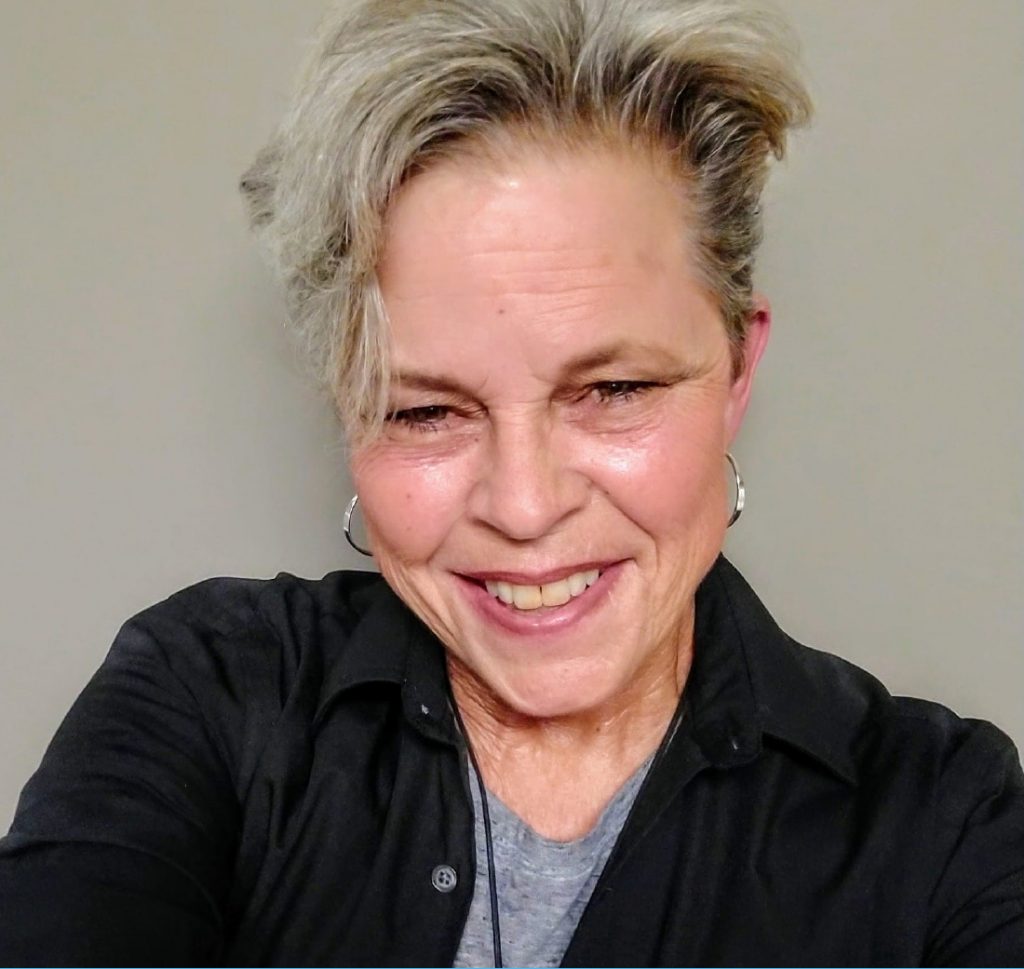
The two put together a children’s band that practiced on band members’ carports. David played guitar and sang; friend Walter played the snare drum; and Domingue followed David. She says the first “real songs” she learned from David were “Mariah,” “Secret Agent Man” and “Blowing in the Wind.”
Domingue’s mother was a steadfast booster as her daughter’s career got underway. “God bless my mother,” says Domingue. “She is my biggest fan and critic.”
Domingue says her mother “recognized something in [her] and nurtured it.” Soon she bought her daughter an electric guitar and hired a college student to come to the house to give Domingue lessons. Domingue says he was an “amazing teacher,” and opened up “a whole new world of music” for her.
The guitar tutoring began in 1968. Domingue learned how to read chord pictures, play bar chords and play from a music book. “I’d practice daily after school and all day on Saturdays,” she says.
After the tutelage was complete, the teacher set up a local performance slot for Domingue at a coffee house on campus at UL-Lafayette. “That was my very first public performance,” says Domingue. “I was 10 at that time,” she says. After the show, she continued to buy sheet music and music books.
Domingue’s tutor loved Simon and Garfunkel. As her musical horizons expanded, she came under the influence of a variety of musical acts with a wide range of styles: Peter, Paul and Mary; The Beatles; Bobby Goldsboro; Steppenwolf; The Bee Gees; The Doors; The Turtles; The Monkeys; The Grass Roots and Janice Joplin.
Her audience was her parents’ friends and relatives. “My mother would ask me to play for company whenever they came over,” she says.
When she went to high school in the 1970s, she expanded her tastes to listen to such acts as Carole King, Carly Simon, James Taylor, Jose Feliciano, The Eagles, America, The Moody Blues, Seals and Crofts and Van Morison.
After singing for friends, she and her best friend Betsy played in the school’s talent show and performed for the graduation.
When Domingue went to college, she put a set list together and started playing at local restaurants and bars as a solo act. Her college major was in education, and, in particular, physical education, as she was very fit and loved sports.
The Duets Gigs
After college, she began teaching “adaptive physical education” for special needs children in New Iberia. And she continued to play in venues in that city. When a few people told her they’d like to sing with her, she “got involved in doing duets.” Her third regular female partner, Debbie Lake, was, she says, “an amazing singer. She could harmonize with me very well.”
In fact, the two performed so well together that they were invited to open for Leon Russell at the Grant Street Dance Hall in New Orleans. This got them coverage on the local TV news.
After she had done the duets gig for some time, a musician named Kirk Richard asked her to join his band. His musical style was quite different from Domingue’s and she taught the band to play in a manner that was a bit more rock-oriented than what they were used to. The band took to this new approach.
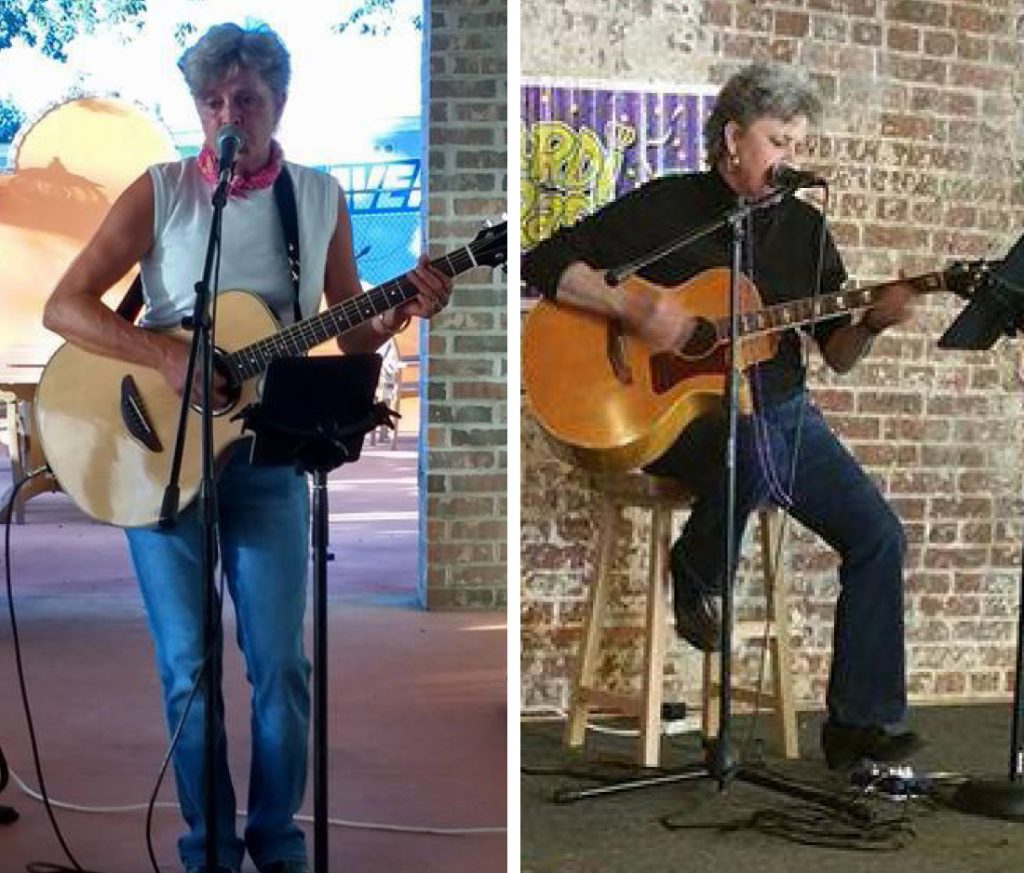
But she was getting tired of performing late at night then having to teach school the next day. So she quit the band and switched her focus to writing music. Still, she found the time to play downtown at a songwriters’ night once a week.
The Blue Bird Café
The Blue Bird Café in Nashville was a famous songwriter’s venue which many singer-songwriters used as a means of getting into the music business. Domingue decided to audition. She’d made a cassette tape at a local studio and sent it to the café. She was given a Sunday night when she could perform three of her original songs. (At the café, Sunday nights showcased an artist who’d written a hit song along with three other songwriters who had auditioned to be heard. Singers were told they’d be rated by the café after their performance.)
Domingue was, understandably, “excited” about the opportunity. She rounded up a few friends to go with her to the café for support.
“After my performance,” she says, “I approached the sound man and asked him for my rating. He told me, ‘we don’t use a number system. You are strong enough to come back.’”
That summer, “after much thought,” she decided to move to Nashville and try her hand at song writing. She got a teaching job, continued to write music, and got to play a couple more gigs at the Blue Bird.
“During my time there,” she says, “I learned a lot about the music business and the heartaches associated with it.” She says the amount of talent she saw in the city “humbled [her] tremendously.” It must have also given her some trepidation. “All these extremely talented people were looking for a break but not getting one.”
She stayed in Nashville a year before finally deciding to go home to Lafayette and “just do what I love locally.”
She hooked up with an old partner and started playing at Lafayette restaurants again. After three years of making the rounds, she decided to take a long break.
History Of A Stage Name
When she retired from teaching, she began to feel drawn to performing again. This time she only wanted to work solo.
“I think I spent the whole summer getting songs together, buying new equipment and practicing. I wanted to play songs other local musicians didn’t. I loved late ‘60s music and my beloved ‘70s music, so that’s what I focused on.”
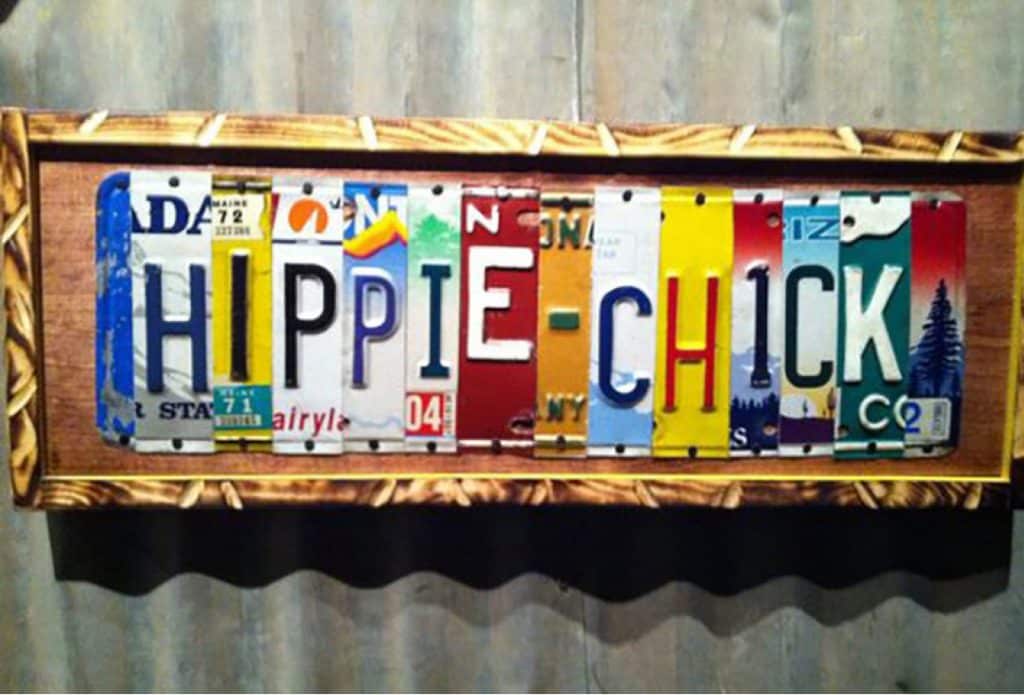
Domingue “thought it was a perfect name since the music I played reflected the era I grew up in. I was a typical hippie in high school and dressed [like one] and spoke the lingo. I was a little rebel then, and still to this day I think I have that rebel in me. That’s how the name Myra ‘The Hippie Chick’ came to be.”
She was introduced to Loggerheads in Lake Charles by her “dear friend” Lori Comeaux, who convinced the owner to give her a chance. She now plays at that venue at least once a month.
She says she “really [does] enjoy making the trip. The people who frequent Loggerheads are awesome. I love Lake Charles and the people there.”
Domingue believes that music is a “gift from God” — one she is grateful for. “I’ve met so many wonderful people doing what I love and I guess I’ll continue to do it until I can no longer pick up that speaker above my head.” Obviously, she doesn’t feel that it’s necessary to slow down just because she’s retired. Besides, her favorite critic, her mom, has “always said age is just a number.”



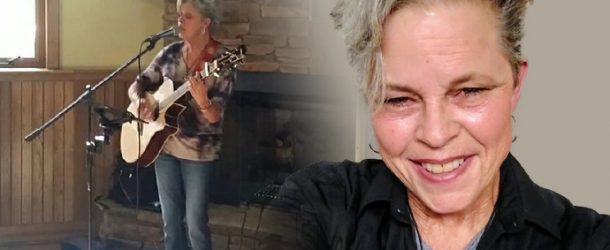
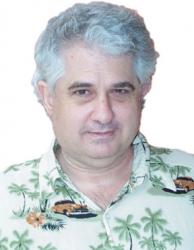











Comments are closed.